Jarba, Mare Jarba
-
Ships in 1 to 2 weeks
Details
Description
SKU: CF.CM9700
Composed by Hungarian Folk. Arranged by Stacy Garrop. 20 pages. Duration 4:44. Carl Fischer Music #CM9700. Published by Carl Fischer Music (CF.CM9700).ISBN 9781491160008. UPC: 680160918607. Key: A minor. Hungarian. Hungarian Folk.
In 2014, Chanticleer commissioned me to make a new arrangement of the Hungarian-Romani folk song Jarba, Mare Jarba for their 2014 touring program. Passed down orally through the Romani communities, this beautiful folk song, with text in a language called Beas (beh-osh), speaks of a deep longing to visit one's homeland, a place where the singer can never return. Chanticleer consists of twelve men whose vocal ranges span from low bass to high soprano, equivalent to the range of a mixed choir of women and men. I composed slow sections of original material to represent the singers' longing to return home; these are interspersed with the folk song's traditional fast sections. The incorporated shouts and calls in the score are typically found in the performance of Central European folk songs. I hope you enjoy singing this new version of Jarba, Mare Jarba that contains all of the vigor and excitement of the Chanticleer version. PERFORMANCE NOTES All spoken sounds (indicated by "x" noteheads) should be performed by individuals. Feel free to elaborate with more sounds of your own in the tradition of Eastern European folk music. If the piece is memorized, feel free to experiment with clapping on the off-beats of m. 93 to the end. TEXT Transliteration Jarba, mare jarba mas duce a casa, da nu pot ca am jurat, Jarba, mare jarba mas duce a casa, da nu pot ca am jurat. Mare jarba, verde jarba nu me pot duce a casa. Jarba, mare jarba mas duce a casa, da nu pot ca am jurat. O mers mama de pe sat, O lasat coliba goala, Infrunzitu, ingurzitu da plina de saracie, da plina de saracie. Mare jarba, verde jarba nu me pot duce a casa. Jarba, mare jarba mas duce a casa, da nu pot ca am jurat. Translation Green grass, tall grass, I would like to go home, but I cannot, because I have sworn not to. Tall grass, green grass - oh, that I cannot go home! My mother has left the village; she left the hut empty, Adorned with leaves but full of poverty. Tall grass, green grass - oh, that I cannot go home! Tall grass, green grass - I would like to go home. but I cannot, because I have sworn not to. Stacy Garrop's music is centered on dramatic and lyrical storytelling. The sharing of stories is a defining element of our humanity; we strive to share with others the experiences and concepts that we find compelling. She shares stories by taking audiences on sonic journeys - some simple and beautiful, while others are complicated and dark - depending on the needs and dramatic shape of the story. Garrop served as the first Emerging Opera Composer of Chicago Opera Theater's Vanguard Program. She also held a 3-year composer-in-residence position with the Champaign-Urbana Symphony Orchestra, funded by New Music USA and the League of American Orchestras. She has received numerous awards and grants including an Arts and Letters Award in Music from the American Academy of Arts and Letters, Fromm Music Foundation Grant, Barlow Prize, and three Barlow Endowment commissions, along with prizes from competitions sponsored by the Detroit Symphony Orchestra, Civic Orchestra of Chicago, Omaha Symphony, New England Philharmonic, Boston Choral Ensemble, Utah Arts Festival, and Pittsburgh New Music Ensemble. She is a Cedille Records artist; her works are commercially available on more than ten additional labels. Her catalog covers a wide range, with works for orchestra, opera, oratorio, wind ensemble, choir, art song, various sized chamber ensembles, and works for solo instruments. Notable commissions include My Dearest Ruth for soprano and piano with text by Martin Ginsburg, the husband of the late Supreme Court Justice Ruth Bader Ginsburg, The Transformation of Jane Doe for Chicago Opera Theater, The Battle for the Ballot for the Cabrillo Festival Orchestra, Goddess Triptych for the St. Louis Symphony Orchestra, Glorious Mahalia for the Kronos Quartet, Give Me Hunger for Chanticleer, Rites for the Afterlife for the Akropolis and Calefax Reed Quintets, and Terra Nostra: an oratorio about our planet, commissioned by the San Francisco Choral Society and Piedmont East Bay Children's Chorus. Garrop previously served as composer-in-residence with the Albany Symphony and Skaneateles Festival, and as well as on faculty of the Fresh Inc Festival (2012-2017). She taught composition and orchestration full-time at Roosevelt University 2000-2016) before leaving to launch her freelance career. She earned degrees in music composition at the University of Michigan-Ann Arbor (B.M.), University of Chicago (M.A.), and Indiana University-Bloomington (D.M.).
In 2014, Chanticleer commissioned me to make a new arrangement of the Hungarian-Romani folk song Jarba, Mare Jarba for their 2014 touring program. Passed down orally through the Romani communities, this beautiful folk song, with text in a language called Beas (beh-osh), speaks of a deep longing to visit one’s homeland, a place where the singer can never return. Chanticleer consists of twelve men whose vocal ranges span from low bass to high soprano, equivalent to the range of a mixed choir of women and men. I composed slow sections of original material to represent the singers’ longing to return home; these are interspersed with the folk song’s traditional fast sections. The incorporated shouts and calls in the score are typically found in the performance of Central European folk songs. I hope you enjoy singing this new version of Jarba, Mare Jarba that contains all of the vigor and excitement of the Chanticleer version.PERFORMANCE NOTESAll spoken sounds (indicated by "x" noteheads) should be performed by individuals. Feel free to elaborate with more sounds of your own in the tradition of Eastern European folk music.If the piece is memorized, feel free to experiment with clapping on the off-beats of m. 93 to the end.TEXTTransliterationJarba, mare jarba mas duce a casa, da nu pot ca am jurat, Jarba, mare jarba mas duce a casa, da nu pot ca am jurat. Mare jarba, verde jarba nu me pot duce a casa.Jarba, mare jarba mas duce a casa, da nu pot ca am jurat.O mers mama de pe sat, O lasat coliba goala,Infrunzitu, ingurzitu da plina de saracie, da plina de saracie. Mare jarba, verde jarba nu me pot duce a casa.Jarba, mare jarba mas duce a casa, da nu pot ca am jurat.TranslationGreen grass, tall grass, I would like to go home, but I cannot, because I have sworn not to.Tall grass, green grass – oh, that I cannot go home!My mother has left the village; she left the hut empty, Adorned with leaves but full of poverty.Tall grass, green grass – oh, that I cannot go home! Tall grass, green grass – I would like to go home.but I cannot, because I have sworn not to.Stacy Garrop’s music is centered on dramatic and lyrical storytelling. The sharing of stories is a defining element of our humanity; we strive to share with others the experiences and concepts that we find compelling. She shares stories by taking audiences on sonic journeys – some simple and beautiful, while others are complicated and dark – depending on the needs and dramatic shape of the story.Garrop served as the first Emerging Opera Composer of Chicago Opera Theater’s Vanguard Program. She also held a 3-year composer-in-residence position with the Champaign-Urbana Symphony Orchestra, funded by New Music USA and the League of American Orchestras. She has received numerous awards and grants including an Arts and Letters Award in Music from the American Academy of Arts and Letters, Fromm Music Foundation Grant, Barlow Prize, and three Barlow Endowment commissions, along with prizes from competitions sponsored by the Detroit Symphony Orchestra, Civic Orchestra of Chicago, Omaha Symphony, New England Philharmonic, Boston Choral Ensemble, Utah Arts Festival, and Pittsburgh New Music Ensemble. She is a Cedille Records artist; her works are commercially available on more than ten additional labels.Her catalog covers a wide range, with works for orchestra, opera, oratorio, wind ensemble, choir, art song, various sized chamber ensembles, and works for solo instruments. Notable commissions include My Dearest Ruth for soprano and piano with text by Martin Ginsburg, the husband of the late Supreme Court Justice Ruth Bader Ginsburg, The Transformation of Jane Doe for Chicago Opera Theater, The Battle for the Ballot for the Cabrillo Festival Orchestra, Goddess Triptych for the St. Louis Symphony Orchestra, Glorious Mahalia for the Kronos Quartet, Give Me Hunger for Chanticleer, Rites for the Afterlife for the Akropolis and Calefax Reed Quintets, and Terra Nostra: an oratorio about our planet, commissioned by the San Francisco Choral Society and Piedmont East Bay Children’s Chorus.Garrop previously served as composer-in-residence with the Albany Symphony and Skaneateles Festival, and as well as on faculty of the Fresh Inc Festival (2012-2017). She taught composition and orchestration full-time at Roosevelt University 2000-2016) before leaving to launch her freelance career. She earned degrees in music composition at the University of Michigan-Ann Arbor (B.M.), University of Chicago (M.A.), and Indiana University-Bloomington (D.M.)..
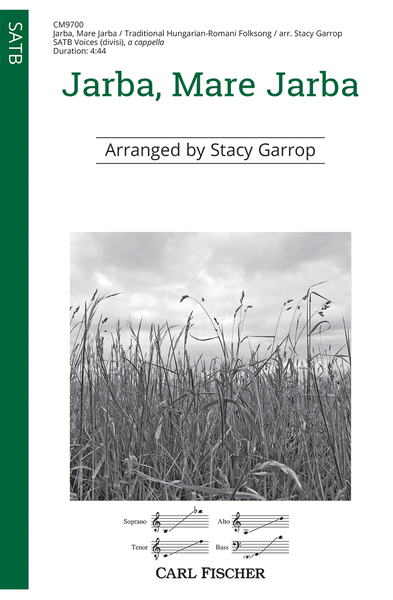
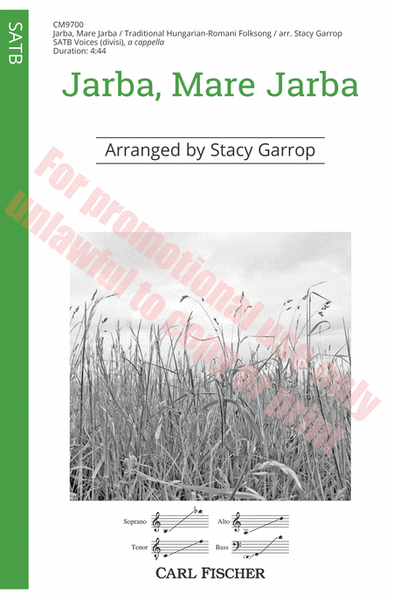
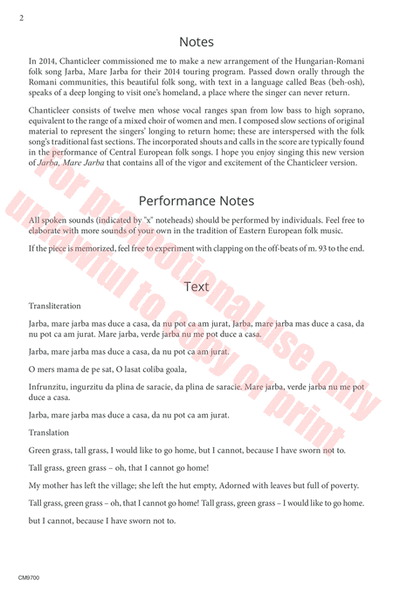
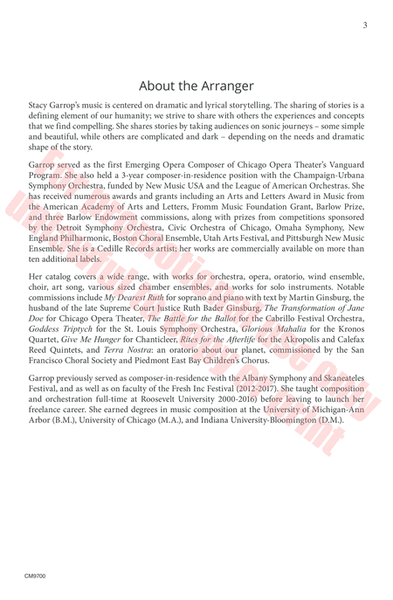
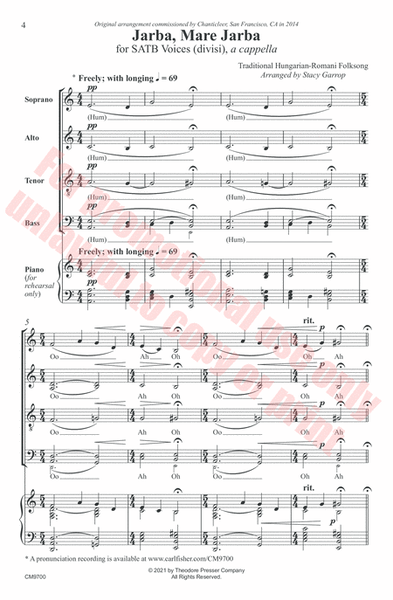
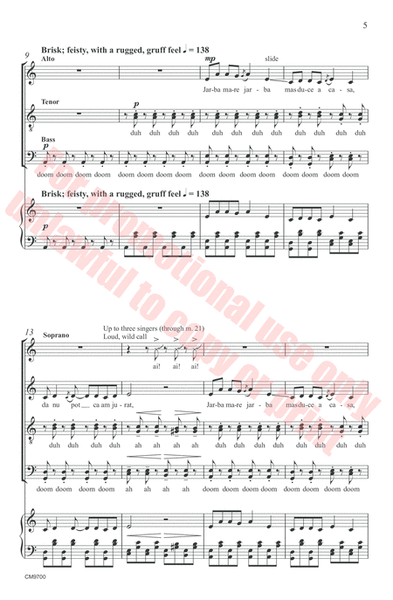
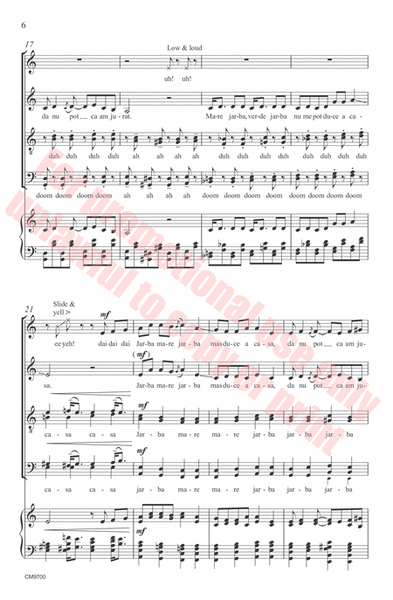
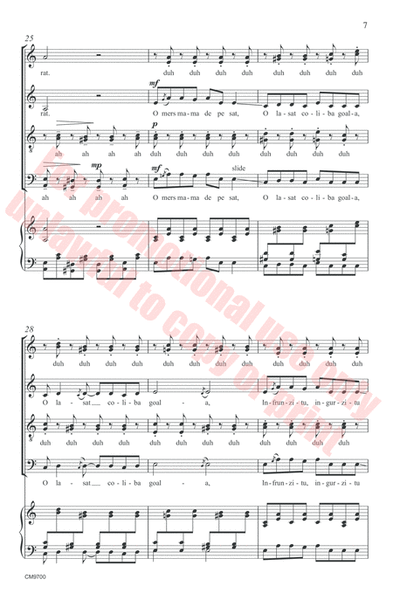
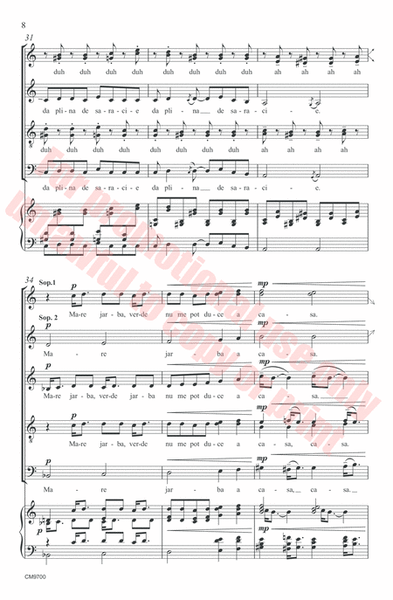
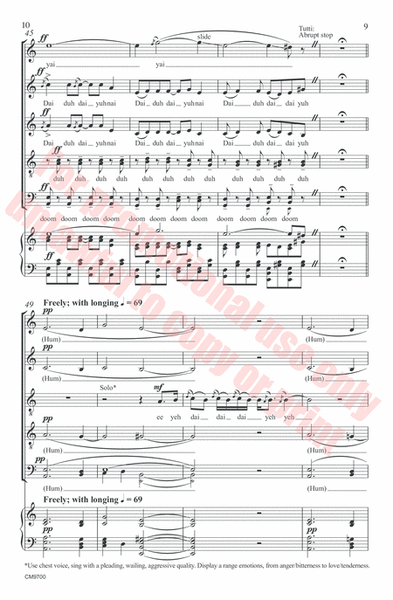
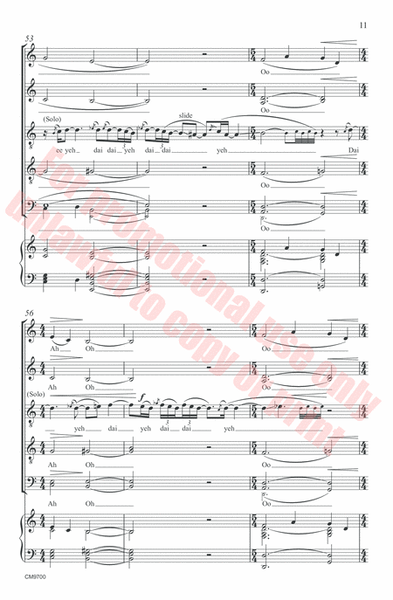
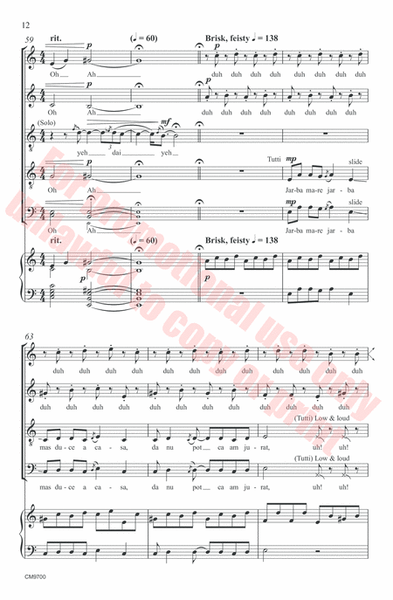
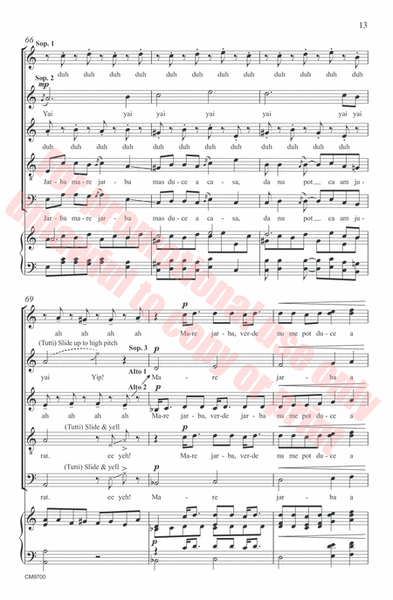
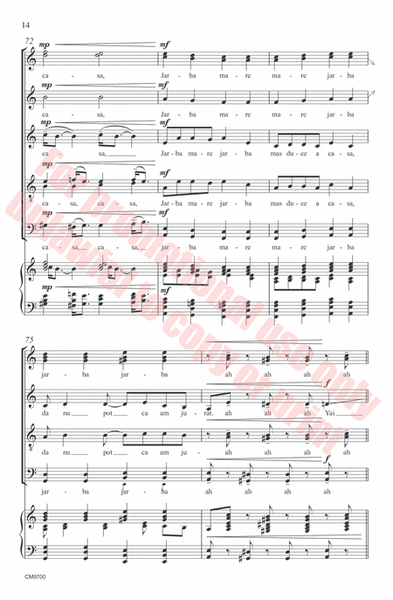
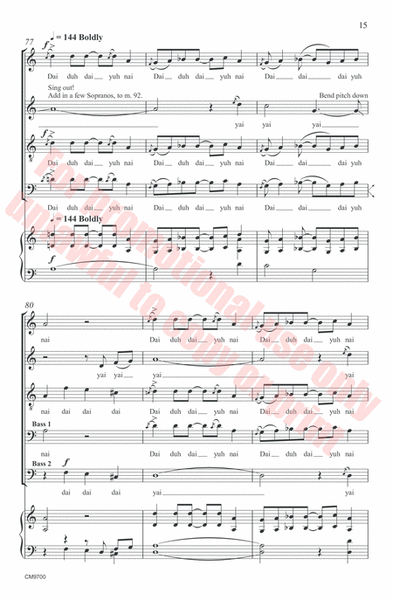
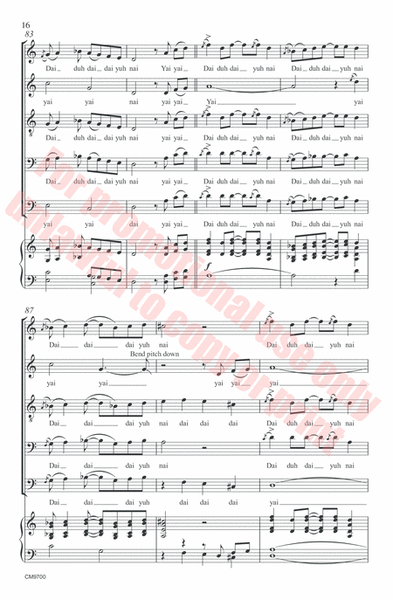
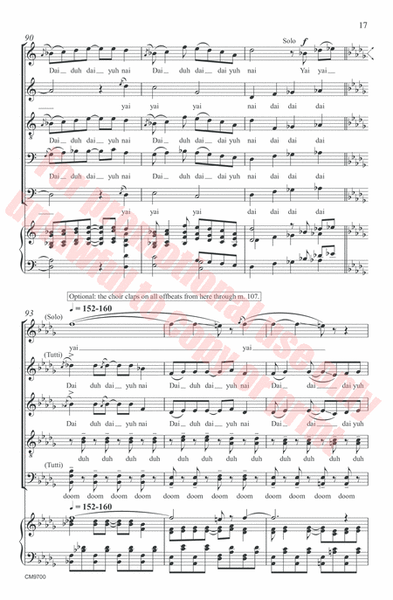
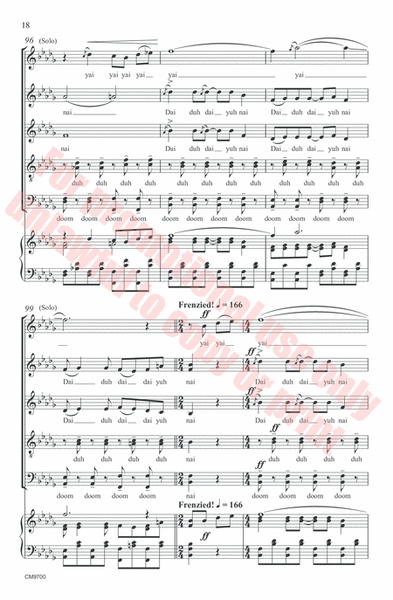
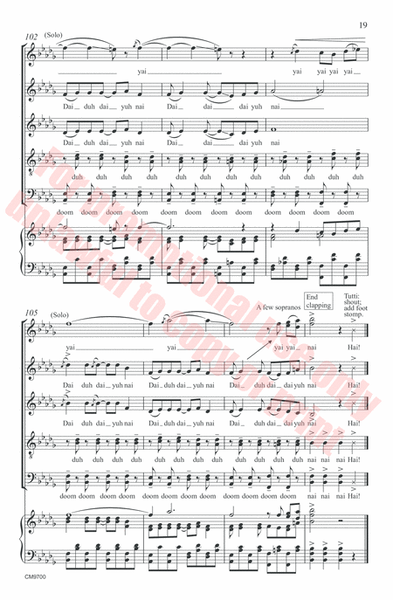
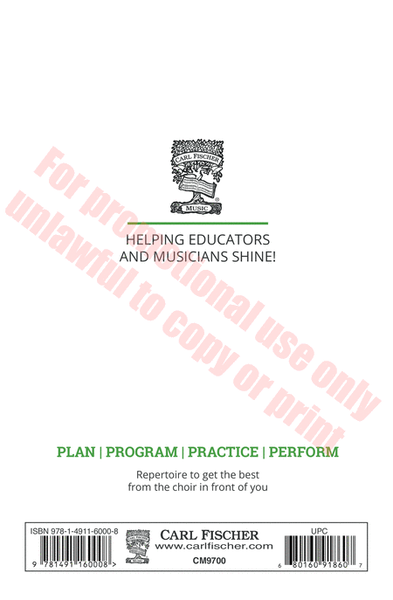
 Share
Share